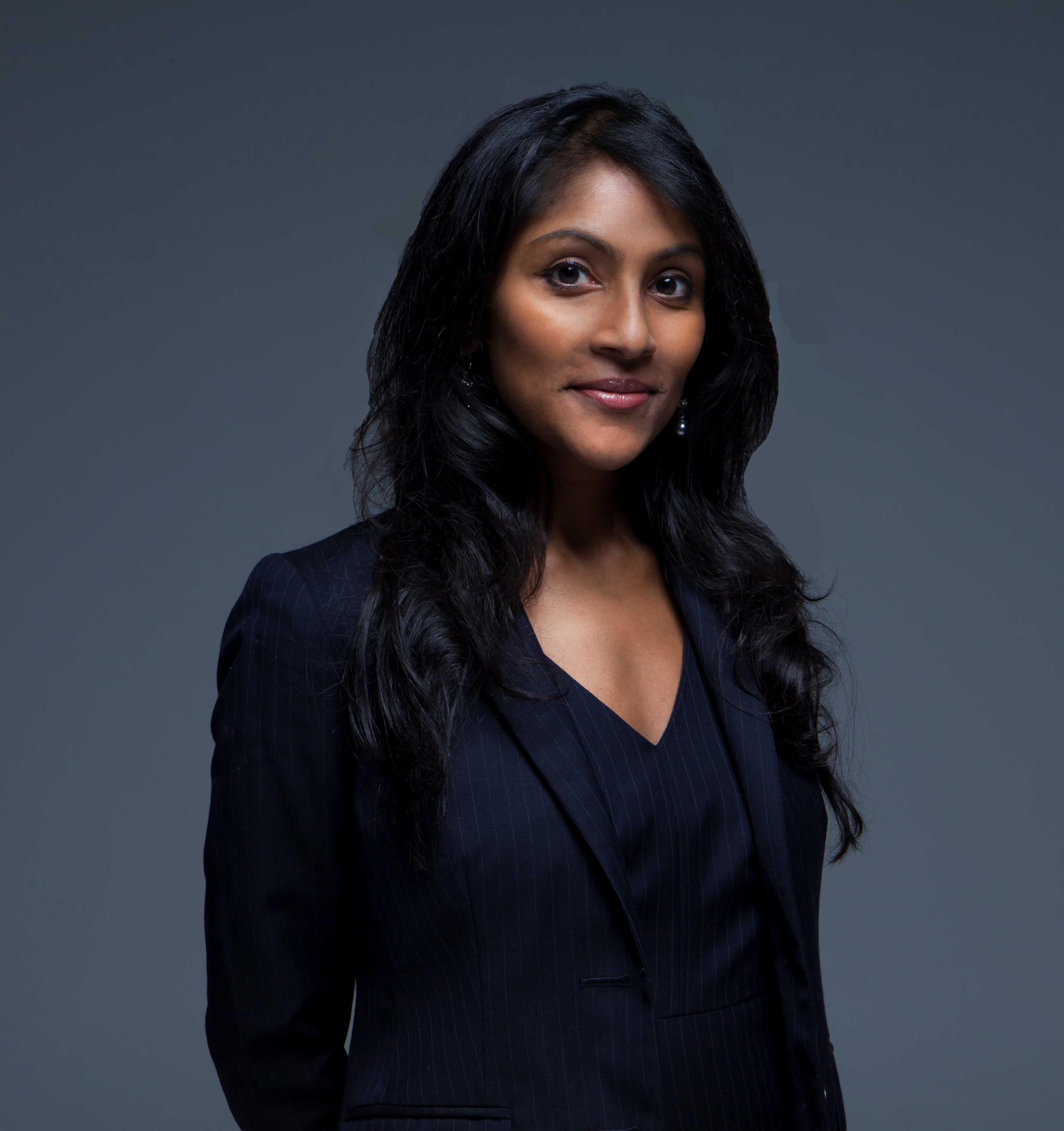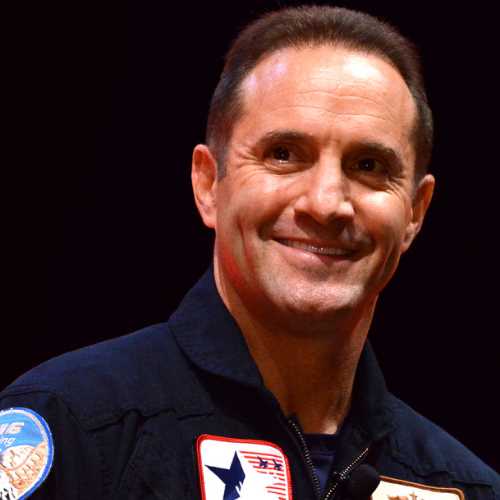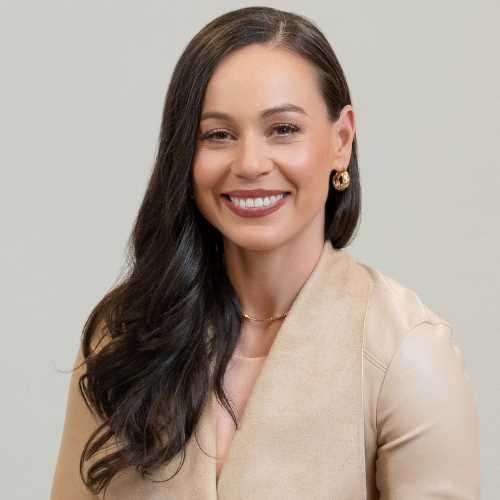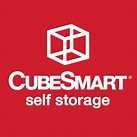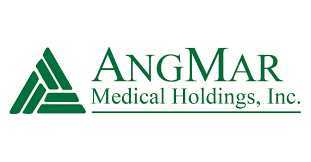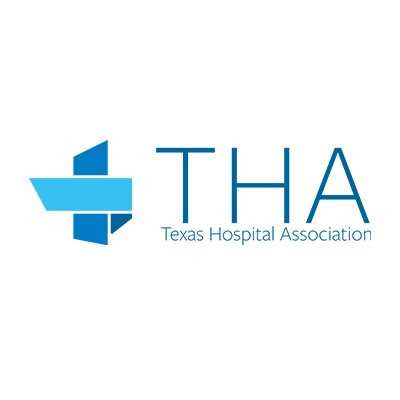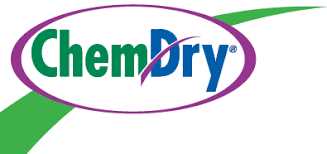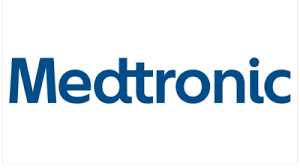
Scott McLeod Speaker Biography
An Associate Professor of Educational Leadership at the University of Colorado Denver, Scott McLeod, J.D., Ph.D., is widely recognized as one of the nation’s leading experts on school redesign for deeper learning, greater student agency, more authentic work, and rich technology infusion. He is the Founding Director of the UCEA Center for the Advanced Study of Technology Leadership in Education (CASTLE), the only university center in the U.S. dedicated to the technology needs of school administrators, and is the co-creator of the wildly popular video series, Did You Know? (Shift Happens). He also is the co-creator of the 4 Shifts Protocol for lesson/unit redesign and the founder of both the annual Iowa 1:1 Institute and EdCampIowa, one of the largest EdCamp events in the United States.
Dr. McLeod has worked with hundreds of schools, districts, universities, and other organizations and has received numerous awards for his technology leadership work, including the 2016 Award for Outstanding Leadership from the International Society for Technology in Education (ISTE). In 2015 he was one of three finalists to be the next Director of the Iowa Department of Education. In 2011 he was a Visiting Faculty Fellow at the University of Canterbury in New Zealand. Dr. McLeod was one of the pivotal figures in Iowa’s grassroots 1:1 computing movement, which has resulted in over 220 school districts providing their students with powerful learning devices.
Dr. McLeod blogs regularly about technology leadership issues at Dangerously Irrelevant and is a frequent keynote speaker and workshop facilitator at regional, state, national, and international conferences. He has written or edited 3 books and 170 articles and other publications and is one of the most visible education professors in the United States.
For more information on Dr. Scott McLeod, please contact Executive Speakers Bureau 901.754.9404.
Dangerously Irrelevant: Why Schools Need To Be Different
Schools need to change but the gaps that we need to close are ones of relevance, not just achievement scores:
The Information Literacy Gap. Schools are supposed to help students master the dominant information landscape of their time. We can’t do that in local, analog, isolated school environments that ignore the digital, hyperconnected, global world around us.
The Economic Gap. Schools are charged with workforce preparation. In an era in which the only job growth in developed countries is in areas that require non-routine cognitive work, schools’ overwhelming emphasis on routine mental work such as recall and regurgitation disadvantages our graduates economically.
The Learning Gap. For most of human history, both teachers and learning materials such as scrolls, books, and maps were extremely scarce. Today we live in an era of information abundance, not scarcity. Most schools have yet to fully realize the implications of our new learning landscape.
The Engagement Gap. The biggest indictment of our schools is not their failure to raise test scores above some politically-determined line of ‘proficiency.’ It’s that they routinely ignore the fact that our children are bored, disengaged, and disempowered. The disenfranchisement of our youth continues to happen in the very institutions that are allegedly preparing them to be “life long learners.”
The Innovation Gap. Just as it is difficult to prepare high-level thinkers in low-level knowledge environments, it also is hard to prepare innovators and risk-takers in compliance-heavy learning spaces. The relentless efforts of teachers and administrators to control young people in every aspect of their school lives exact a terrible toll on students’ willingness to think creatively and divergently. Innovation is how we initiate movement beyond the status quo and how we transform school structures and educator mindsets. Right now most schools don’t have an innovation agenda.
The Equity Gap. Unfortunately, access is not the only barrier for underserved children when it comes to learning technologies. Even when these students do get to use technology at school, they frequently use it in very limited ways compared to their more affluent, higher-achieving, white classmates. Accordingly, even when schools do move toward more modern learning environments, age-old inequities are being continued and sometimes exacerbated.
From Fear and Control to Empowerment and Engagement
Many of our youth are powerful, inquisitive, self-directed learners with technology at home. At school, however, their technology-facilitated learning is tightly constrained, limited, or even nonexistent. If we want creative graduates, critical thinkers, and collaborative problem-solvers, educators and policymakers must get beyond their fears and their needs for control and instead create learning environments of empowerment and engagement. It is incredibly difficult to prepare students for a digital, global world within locked-down, primarily analog classrooms. Other schools are opening up opportunities for their students. You can too!
Schools of the Future: 10 Building Blocks
The schools of the future are being invented today, one building block at a time. Every year we see the initiatives listed below gain further ground in traditional educational systems. Educators and policymakers should be working toward greater implementation of these components, both individually and in concert:
Project- and inquiry-based learning environments that emphasize greater student agency and active application of more cognitively-complex thinking, communication, and collaboration skills.
2. Community projects, internships, digital simulations, and other problem- and project-based learning experiences that foster students’ ability to engage in authentic, real-world work.
3. Competency-based education and standards-based grading efforts that shift the focus of assessment from seat time to learning mastery.
4. 1:1 computing initiatives (and concurrent Internet bandwidth upgrades) that give students powerful digital learning devices and access to the world’s information, individuals, and organizations.
5. The expansion of digital and online (and often open access) information resources that increase the availability of higher and deeper learning opportunities.
6. Online communities of interest that supplement and augment more-traditional learning communities that are limited by geography and time.
7. Adaptive software and data systems (and accompanying organizational models) that can facilitate greater individualization of learning content and pace.
8. Alternative credentialing mechanisms that enable individuals to quickly reskill for and adapt to rapidly-evolving workforce needs and economic demands.
9. Flexible scheduling that moves students away from 50-minute time chunks – and a prescribed number of hours and days in a prescribed location – and toward opportunities for students to learn longer, deeper, and in more places about important life skills and concepts.
10. Redesigned learning spaces that accommodate flexible, student-centered grouping and learning tasks rather than classrooms that are dictated by an instructor or janitorial needs.
Redesigning Classroom Lessons and Units to Enhance Deeper Learning and Student Agency
We have a lot of technology floating around our schools and classrooms these days. And while that can and should be a good thing given the digital age in which we now live, we often find that our technology-related efforts aren’t paying off for us as we had hoped. This half-day, hands-on workshop is for educators who wish to push their technology-infused pedagogy to new levels. We will blow right through TPACK and SAMR and use the trudacot technology integration discussion protocol to design and redesign lessons across various grade levels and subject areas. THIS is where the powerful conversations occur; THIS is the work we need to be doing as educators. We will use actual lesson plans and video exemplars to facilitate our work. Bring a willingness to rethink learning and teaching, a lack of defensiveness, and, if possible, a laptop or Chromebook that will work with Google Sheets. [also can be done as a shorter breakout session or keynote]
What Does Personalized Learning Mean?
Blended learning proponents hold wide-ranging views of how to best use digital technologies to ‘personalize’ student learning. Where do you fall on the spectrum? We will learn about various blended learning models – with numerous school examples of each – and discuss which ones are likely to empower students to be active, engaged learners and which ones may not.
School Models That Foster Deeper Student Learning and Engagement
A wide variety of school and classroom models enable 1) deeper student thinking instead of just recall and regurgitation, 2) student empowerment instead of bored passivity, and 3) authentic, meaningful, community-embedded work instead of isolated, artificial classroom assignments. From passion projects to course redesign to whole-scale school restructuring, we will walk through these models together and discuss which might be feasible options for your school system(s).
Will Teachers Be Replaced By Robots?
They’re already in medicine, law, transportation, banking, sales, service, and other industries… Are the bots coming for us too? We will look at examples of automation across various societal sectors – both commercial and creative – and then dive into a discussion about workforce and economy needs. Our conversation will have a special focus on education jobs and adaptive learning systems.
Utilizing New Technologies for Effective Staff Development
Grade-level teams, department meetings, professional learning communities, etc. – we already understand the power of effective collaboration among role-alike peers. How do we extend that idea and take advantage of the affordances that accompany online, global communities of practice, not just local ones? Bring your computing device(s)! [breakout session only]

